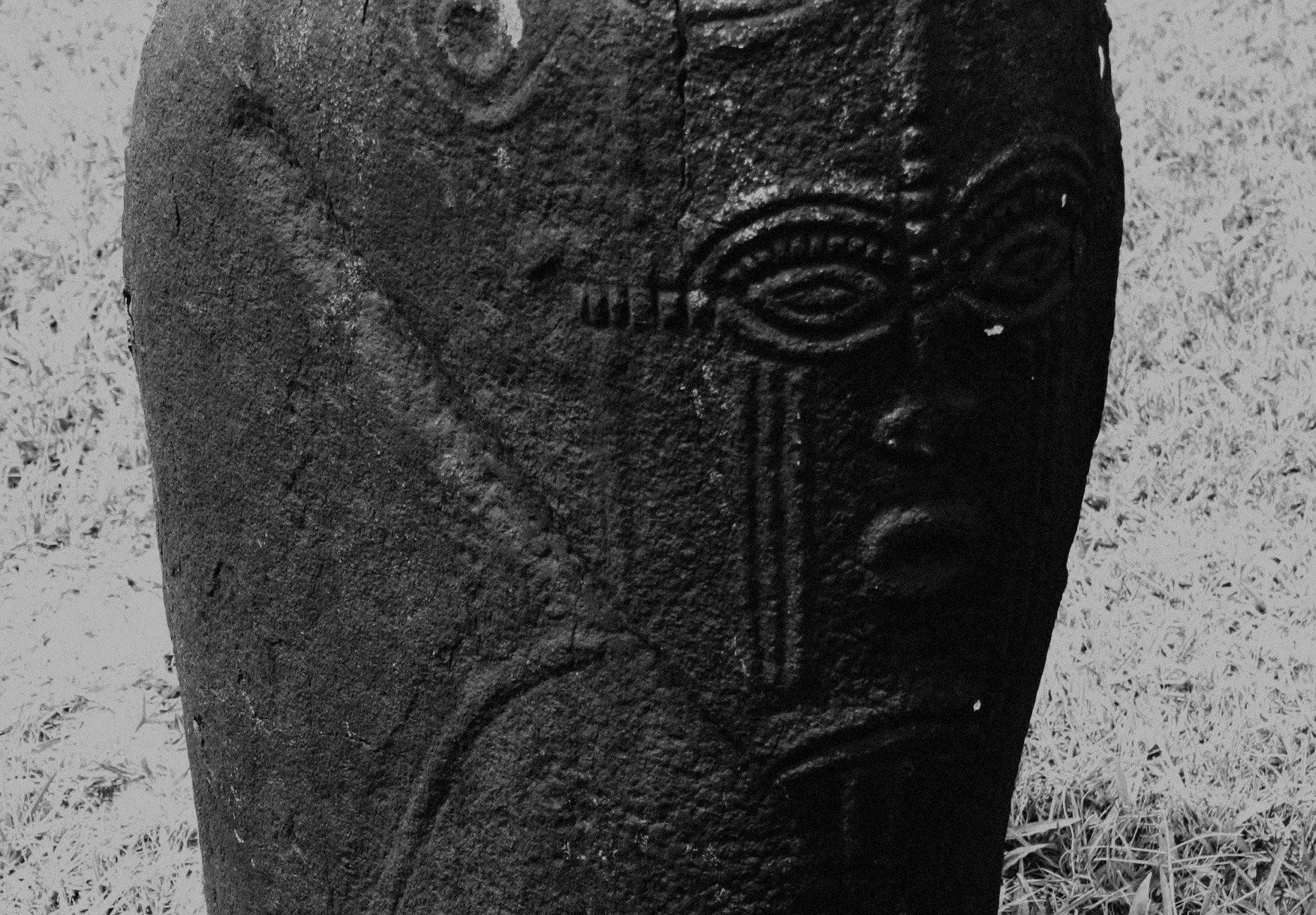musicÆterna
Attending a performance of Tristia enables the audience to better understand the importance of freedom in everyday life and to perceive more clearly the inner light that it bestows.

As a show of solidarity with the world of the arts, which has been battered by the Covid pandemic since 2020, the Foundation Board unanimously decided early last year to turn its attention to the field of culture, and more particularly to classical music. However, none of its members knew at the time that we were at best halfway through this protracted health crisis.
The choice of the Foundation Board fell to one of the Chairman’s favourite conductors, Greco-Russian Teodor Currentzis, and his musicÆterna orchestra, a unique ensemble that he worked hard to set up and that is celebrated today for its high musical quality and exceptional interpretations.
Between 2011 and 2019, Teodor Currentzis was the artistic director of the Perm Opera and Ballet Theatre which, for a while, was home to musicÆterna. During those years, the theatre gained international acclaim, drawing the attention of the European specialised press. However, at the end of 2019, the conductor and his ensemble chose to move to St. Petersburg.
A Swiss foundation was subsequently established to handle the logistics of musicÆterna’s tour of Moscow, Vienna, Paris, Berlin, Lucerne, New York, Tokyo and London. Aside from the performances themselves, the ensemble’s activities include creative and educational programmes, as well as a dedicated lab offering lectures, open rehearsals and masterclasses that highlight past and present cultural practices. The Foundation Board decided unanimously to reach out to musicÆterna. It approved a contribution to support Tristia, a choral opera that is followed by a stimulating exchange between composer Philippe Hersant and Teodor Currentzis. Based on poems by French and Russian prisoners, it was composed at the request of musicÆterna’s conductor. It was born as a compilation of fragments from the lives of people bound by a shared destiny, that of captivity.
The work, which combines a wide array of languages, compositions and styles, is arguably more of a musical cycle than an operatic work as such. In an article on Tristia published in Concert Classic, Stéphane Goldet wrote that “the composer gives us the feeling of being in osmosis with this Russia of the outcasts, that of Solzhenitsyn, and with the worlds of Mussorgsky and Shostakovich. The instruments don’t merely accompany the sung texts, they coat them with a spicy flavouring. They can also be comforting, as in ‘Quietude of the Soul’, the stirring melody which concludes the work by literally sending the audience to heaven”.
Tristia has visited many European stages since it premiered at the Diaghilev Festival in 2016. The performance in Lucerne had to be delayed due to the pandemic, but finally took place in early October 2021, with most of the Foundation Board members in attendance. Much had changed since the orchestra’s first performance, but the piercing sincerity of the choral opera, combining the power of music and poetry, remained as true as ever.

Date:
17 février 2022




